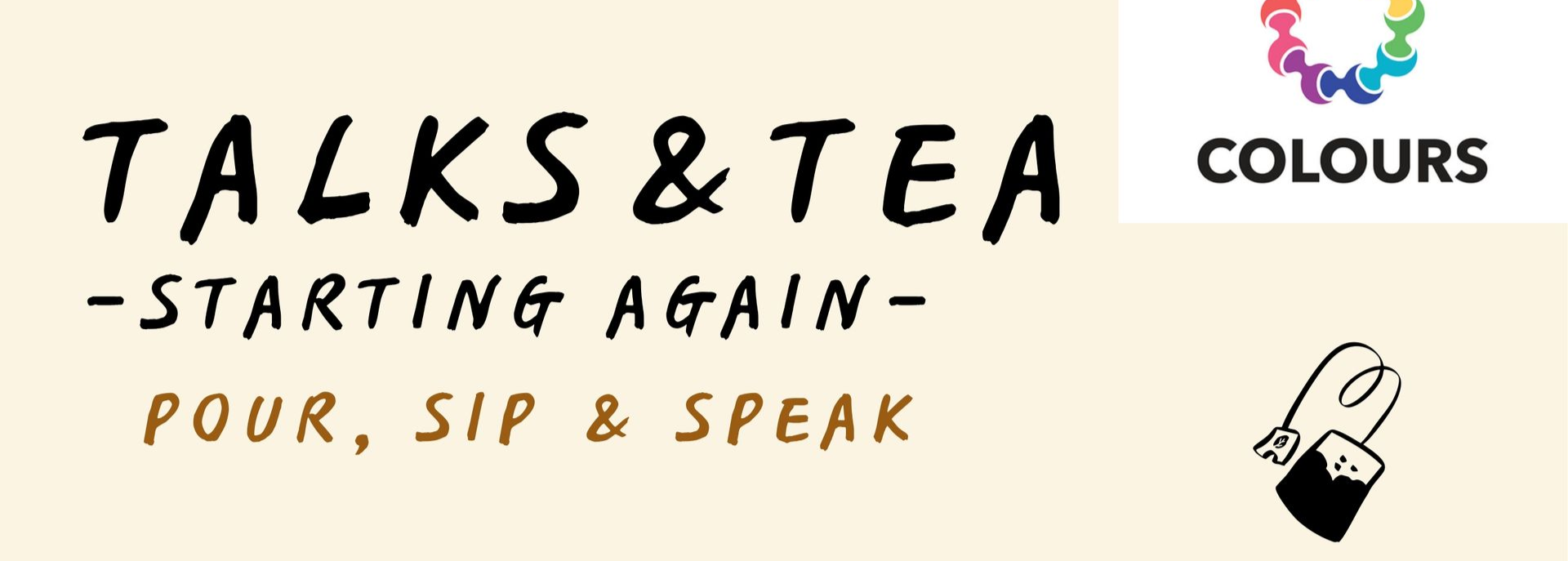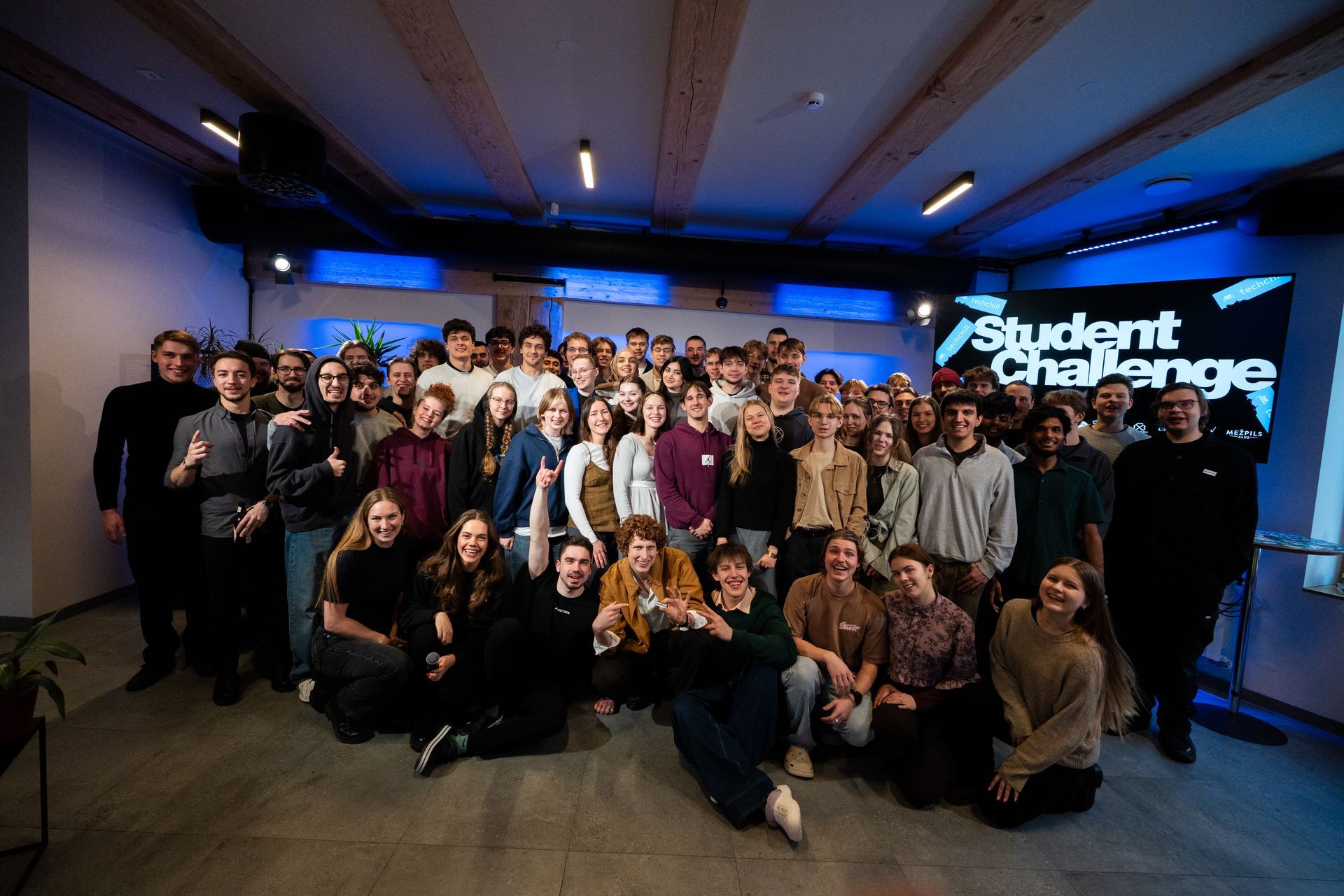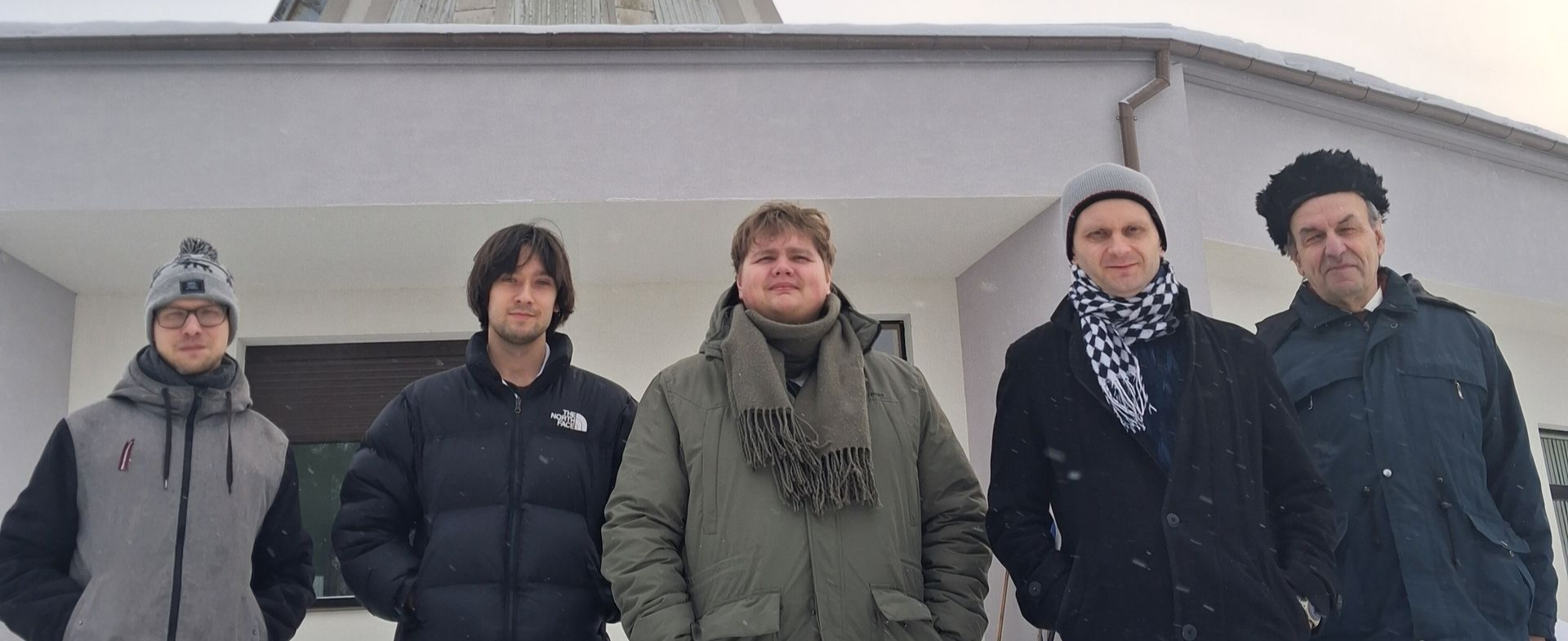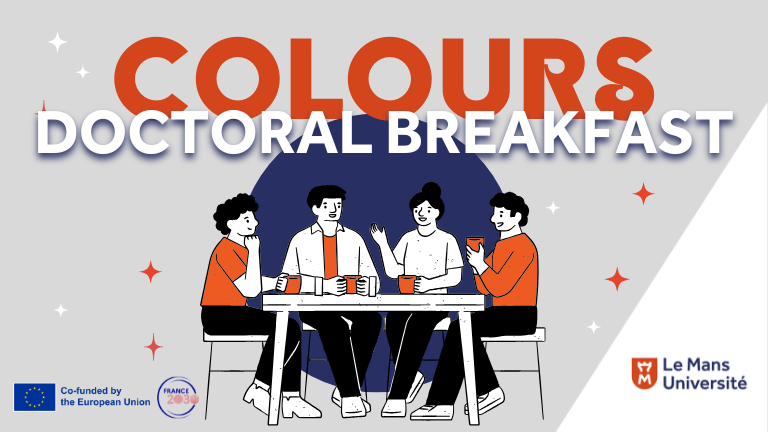Implementation of the RADIOBLOCKS Project: 10-Month Update
For the past ten months, the project “New Science in Radio Astronomy: Applying Cutting-Edge Technology to Enhance the Entire Data Chain, from Receiver to Final Output” (RADIOBLOCKS, Project No. 101093934, part of the HORIZON-INFRA-2022-TECH-01 program) has been underway at the Engineering Research Institute Ventspils International Radio Astronomy Center (VIRAC) of Ventspils University of Applied Sciences.
The RADIOBLOCKS project, which began on March 1, 2023, has a total budget of €10 million and involves over 30 partners from across the globe.
Progress in the RADIOBLOCKS Project
The VIRAC team has significantly contributed to the development of software for data processing across multiple Very Long Baseline
Interferometry (VLBI) networks, including EVN, ILT, ALMA, SKA, and EHT. This software is designed to benefit the global radio astronomy community. Additionally, the team has improved data processing algorithms previously developed by VIRAC. These enhancements, based on Karhunen–Loève Transformation (KLT) and Singular Spectrum Analysis (SSA) methodologies, will be applicable to observational data from EVN and ILT networks.
The results of the project may also advance single-baseline interferometry using the interferometer complex RT32–RT16 at Irbene and enhance LOFAR VLBI capabilities.
Key Activities Involving VIRAC
VIRAC is engaged in two major project work packages:
- WP4: Development of a Next-Generation Correlator
Focus: Correlator design and adaptation for advanced interferometry. - WP5: Creation of Post-Processing Tools
Focus: Adapting KLT and SSA algorithms for the DASK framework.
Detailed Results of Project Activities
WP4 Results
- Began adapting the AARTFAAC correlator for single-baseline interferometry by creating a module to read VLBI Data Interchange Format (VDIF) data.
- Held discussions on developing a near-field offset module.
- Prepared a work integration plan for VIRAC and other project partners.
- Developed a detailed roadmap for the coming project years.
- Contributed to the creation of HPC (High-Performance Computing) specifications for procuring new infrastructure to support project needs.
WP5 Results
- Conducted preliminary research and updated data processing methodologies relevant to RADIOBLOCKS.
- Explored the DASK framework and its sub-frameworks, creating test projects to integrate these into project workflows.
- Developed an initial version of the KLT algorithm using the DASK framework.
- Created a data visualization program for single-baseline interferometry using the DASK framework.
Project Travel and Meetings
- Kick-Off Meeting (Leiden, Netherlands):
- Discussed collaboration between VIRAC and other RADIOBLOCKS partners, project timelines, decision-making processes, administrative requirements, and reporting deadlines.
- Reviewed VIRAC’s tasks in WP4 and WP5, including plans for cluster acquisition, technical specifications, code storage, documentation, and deliverables for the year.
- WP5 discussions focused on sub-activities, computational resource availability, VIRAC's role in RFI studies, and LOFAR tool development.
2. WP4 Planning Meeting (October 11–12, 2023):
- Held in hybrid format at ASTRON, Dwingeloo, Netherlands, with VIRAC participants Jānis Šteinbergs (remote) and Vladislavs Bezrukovs (remote on October 11, in-person on October 12).
- Discussions included compiling technology requirements from various institutions to inform cluster configuration and contribute to the WP4 deliverable D4.1: "Technology Assessment and Cluster Configuration."
- On October 12, discussions focused on interfaces and key connection points for the "radio blocks" developed within RADIOBLOCKS.
A key conclusion from the WP4 meeting was the need for reusability of the developed results. To achieve this, a repository adhering to specific standards will be created, overseen by a DevOps working group led by ASTRON. Discussions also considered whether the final product should be a unified package containing all radio blocks or a set of independent modules. While no single application requires all radio blocks, a unified package remains an option.
Work plans, deadlines, and risks for individual project partners were reviewed. Although no significant risks were identified, clearer definitions of deliverables and interim goals were highlighted as essential.
Funding and Acknowledgments
These activities are part of the project “New Science in Radio Astronomy: Applying Cutting-Edge Technology to Enhance the Entire Data Chain, from Receiver to Final Output” (Project No. 101093934) and are funded by the project.
Share on other platforms
Other news







